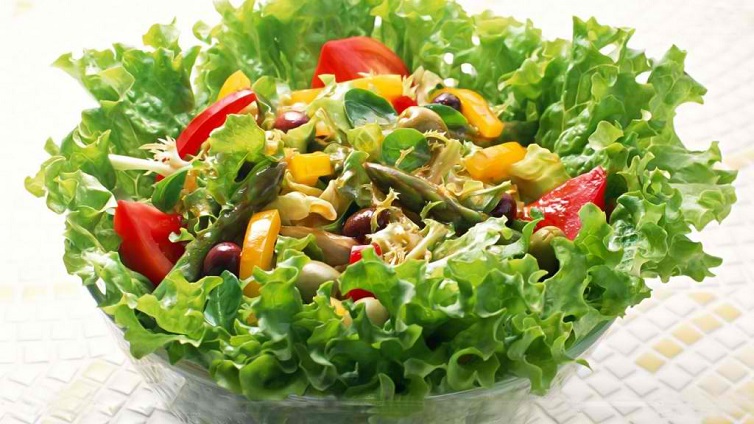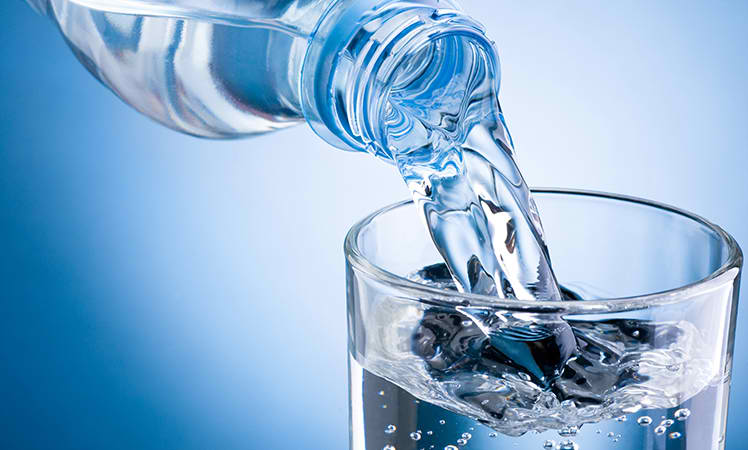When the heart does not get enough oxygen-rich blood, it results in chest pain and shortness of breath, also known as angina. These chest pains feel like the heart is being squeezed or someone is putting pressure on the chest.
Angina pain does not only occur in the chest though; people may also experience discomfort in the neck, jaw, shoulders, arms, and back. The condition is usually a sign of a larger medical disease such as coronary heart disease or a blocked artery.
People with diabetes, high cholesterol, or a habit of smoking may also develop angina. This is why nutrition is so important!
Food & Nutrition Diet (Meal Plan) for Angina
#1 Recommended Breakfast Diet for Angina

Heart health is the primary concern for an angina diet.
Getting enough vitamins, minerals, and other nutrients are crucial for decreasing symptoms or preventing them altogether.
Fiber is also essential, and all of this nutrition can combine to create a perfect heart-healthy breakfast. Low-fat dairy, whole grains, and nuts and seeds can mix together for a delicious morning parfait.
For some sweetness, some berries can go on top. Oatmeal is another prime choice, as it contains the nutritious whole grains that contribute to heart health.
Anything can go with oats, from fruit to nuts, to any kind of milk.
#2 Recommended Lunch Diet for Angina

Whole grains can fit well into a yummy lunch, as can a variety of vegetables. A large salad with whole grain bread or croutons is one place to start.
Adding some lean protein such as tuna, salmon, or chicken breast will help the salad become more filling. Anyone can make a healthy homemade salad dressing with olive oil, lemon juice, dijon mustard, and some herbs.
Some good old balsamic vinaigrette and olive oil can go a long way, too.
For those who do not eat meat, legumes are heart healthy and provide a decent amount of protein per serving.
Lunch does not have to be boring just because it is good for the heart and body.
#3 Recommended Dinner Diet for Angina

When it comes to dinner, there are plenty of delicious and nutritious options. Again, lean proteins can have a place at the table, along with some veggies.
Low-fat dairy is not only yummy, but it contains heart-healthy potassium.
Do not forget about fiber, either, it helps to keep people satiated and it can even lower blood cholesterol levels.
Some good examples of fiber-rich dinner foods include whole grains, peas, beans, and barley. These ingredients would be good in a soup, but just be sure that the broth is low sodium.
#4 Recommended Snack Diet for Angina

Snacks are important for keeping energy levels up and staying focused throughout the day.
A smoothie can combine different fruits and vegetables, as well as some low-fat dairy. It creates a portable snack that people can take to work on the go.
Veggies and hummus provide healthy fats, protein, and other nutrients. The flavor combinations here are endless.
Of course, everyone likes fruit, and eating it whole (with the skin) means more fiber and health benefits. Snacking on yogurt, nuts, and seeds can also be a convenient, healthful idea.
#5 Recommended Drinks for Angina

While people suffering from angina should seriously watch their alcohol intake, studies show that a little bit of red wine each week can stave off blood clots. This makes a glass of red wine a few times a week okay for most patients.
Water is the best beverage choice, as it nourishes the body and helps transport nutrients to different parts of the body.
Water ensures that people have stable energy levels and can function properly. People should remember that the fruits and vegetables they eat also contribute towards their total water intake for the day.
If they want to mix things up, patients can have green tea. Studies show that it reduces bad cholesterol while raising the good type.
#6 Recommended Herbs for Angina

Garlic might not be considered by some to fall under the herb category, but it is too beneficial to pass up.
It has been a popular natural treatment for heart ailments for hundreds of years.
Basil also has roots in Ayurvedic tradition as a heart-healthy herb. Dried or fresh, it can complement a variety of dishes or drinks.
Parsley is another herb that many natural health experts say has angina-fighting properties.
#7 Recommended Fruits for Angina

Lemon fights off cholesterol, keeping arteries clear, so it is a great fruit to add to salads, pasta, or even drinking water.
Moreover, other citrus fruits have health-boosting benefits for the heart, so feel free to nosh on oranges, limes, grapefruit, clementines, mandarins, pomelos, and tangerines.
Plus, these fruits contain vitamin C, which helps to lower cholesterol.
Grapes also build up heart health and strength. Another wonderful thing about fruits is that they contain a lot of fiber, which fights off cholesterol that is trying to enter through the walls of the intestines.
#8 Recommended Vitamins for Angina

Studies show that vitamin C can help people with coronary artery disease better manage their symptoms. It works to improve the functionality of the blood vessels, which can have a positive impact on those struggling with angina.
Furthermore, it is not uncommon for people with heart conditions to take vitamin E supplements. This vitamin can help with chest pain, high blood pressure, and prevent blocked or hardened arteries.
Many people with diabetes also take vitamin E supplements for its heart-healthy benefits.
#9 Recommended Minerals for Angina

Potassium’s connection to the heart cannot be argued against. The mineral helps the heart to squeeze blood through it hundreds of thousands of times a day.
Potassium is in a variety of fruits and vegetables, making it an essential nutrient for heart health.
Omega-3 fatty acids, such as those in fish oil, are great at reducing triglycerides. They can reduce this fat in the blood by up to 30%.
Omega-3’s can also reduce the buildup of plaque in the arteries and decrease the instances of abnormal heart rhythms.
#10 Discouraged Foods for Angina

People with this condition should limit alcohol, as well as their intake of saturated fats. This type of fat increases LDL (or bad) cholesterol while lowering good cholesterol.
A balanced diet of whole grains, healthy fats, lean protein, and lots of veggies is the best way to eat for a healthy heart.
*If you have any concerns or questions about your health, you should always consult your doctor before making any changes to your diet or nutrition program.
- READ MORE




